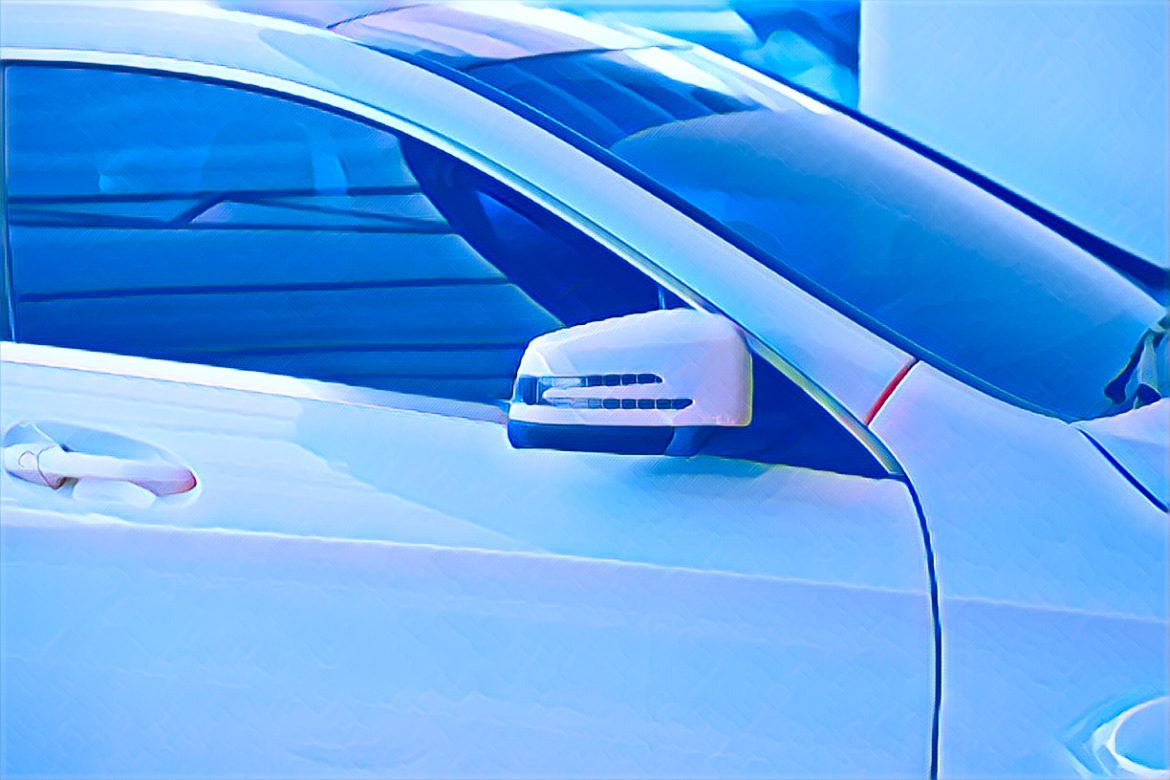Key Points
-
Mnangagwa’s spokesman rejects a vehicle tint ban directive.
-
Legal experts say current law still allows regulated tint use.
-
Confusion exposes divisions within Zimbabwe’s government offices.
Motorists in Zimbabwe can breathe easy after President Emmerson Mnangagwa’s spokesman, George Charamba, dismissed a surprise government order to remove tinted windows from vehicles.
Charamba, speaking from China where he is traveling with the president, said the directive issued by Tafadzwa Muguti, the Secretary for Presidential Affairs and Devolution, had no legal weight.
“Kindly note: There is no basis in fact or law to the accompanying announcement attributed to Secretary Muguti. Kindly ignore this mis-communication from an unauthorised office and officer,” Charamba said in a strongly worded statement on Wednesday.
Lawyers question legality of tint ban
Muguti’s announcement on Tuesday had caused confusion after he told reporters that all public and private motorists must immediately remove tinted windows, citing rising crime linked to obscured vehicles. He added that government cars, VIP transport, and factory-standard tints would be exempt.
But lawyers quickly pushed back, pointing to Statutory Instrument 129 of 2015, which only requires vehicle windows to allow “a clear, undistorted vision” and “a safe degree of visibility.”
Legal practitioner Obey Shava warned police not to enforce measures that don’t exist in law. “Tint is allowed on condition certain requirements are met,” he said.
Presidency moves to calm confusion
By Wednesday morning, Charamba’s statement had effectively quashed the directive, easing the panic it sparked among drivers. His intervention underscored that the law on vehicle tints remains unchanged.
The episode has also highlighted cracks within government communication, with questions now raised about Muguti’s authority to make such pronouncements.
For now, motorists are safe to keep their tints as long as they meet the visibility standards already set by law.


